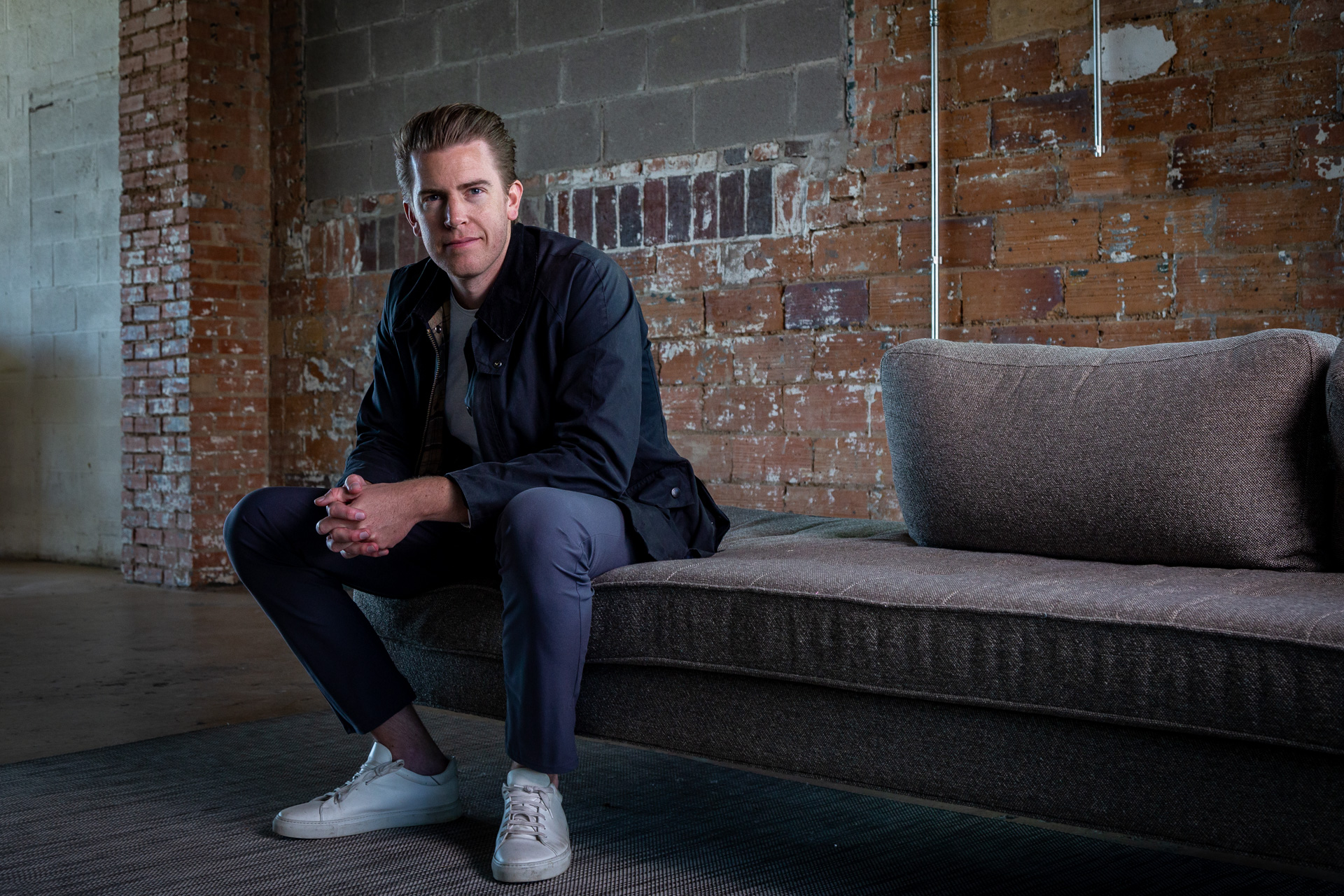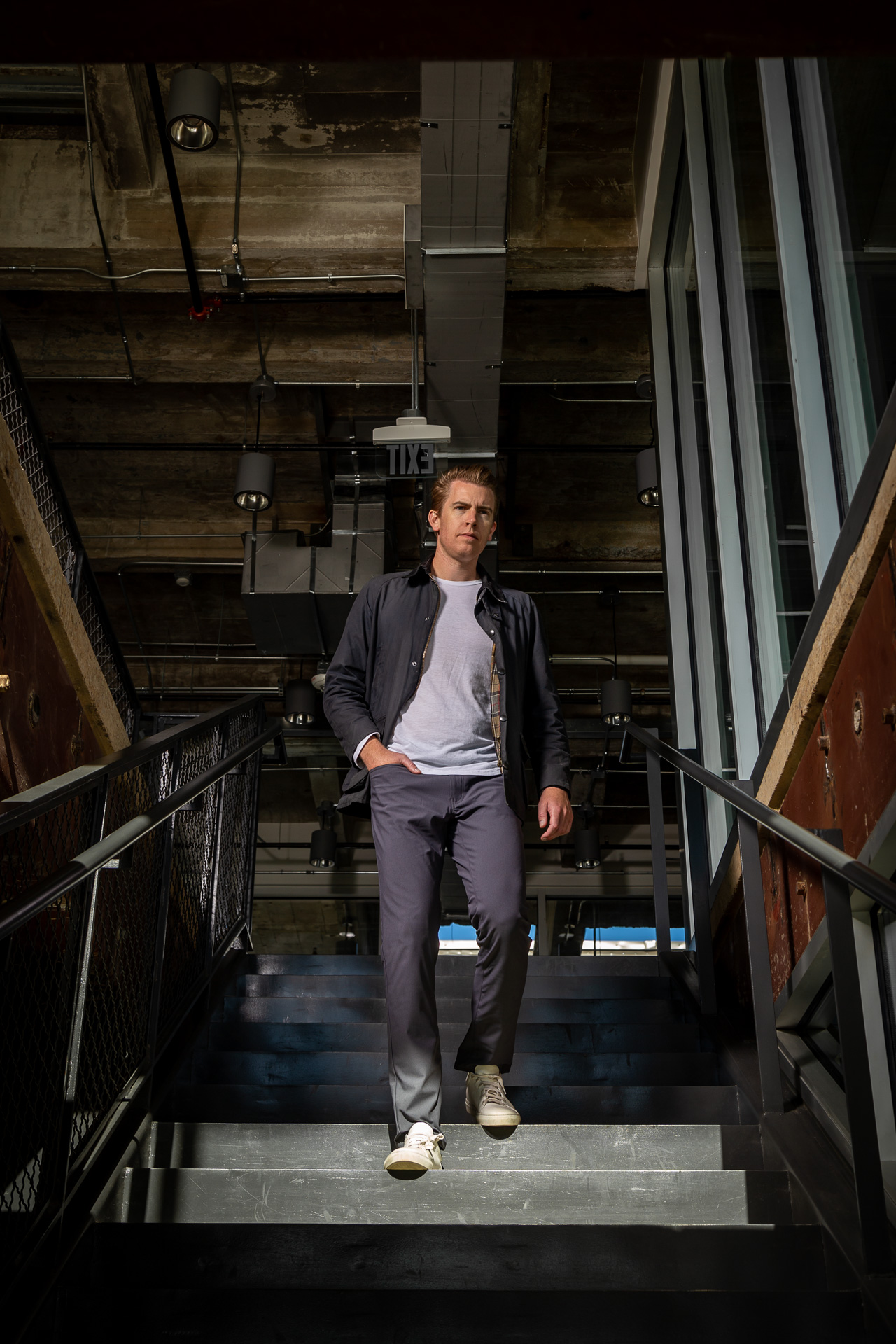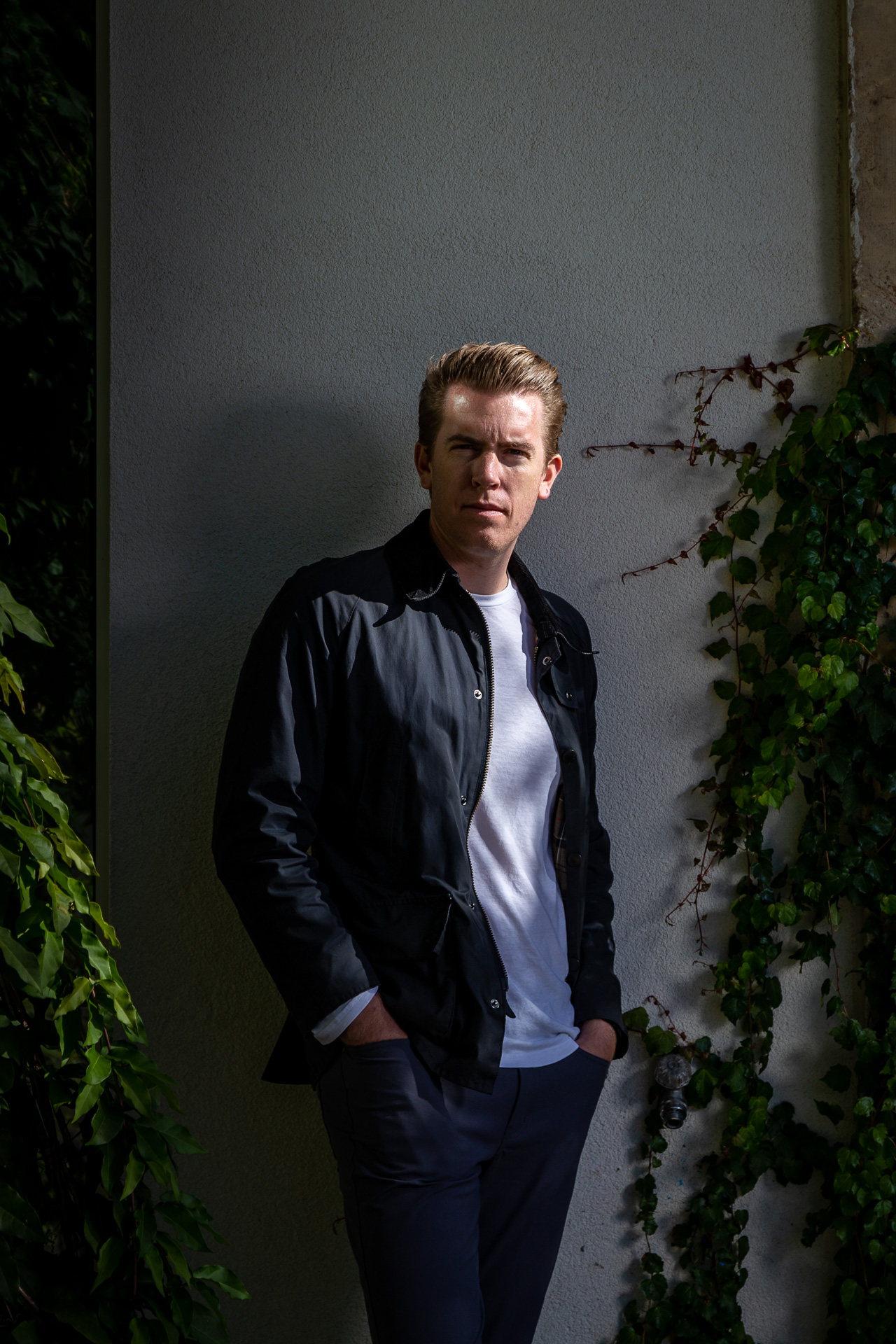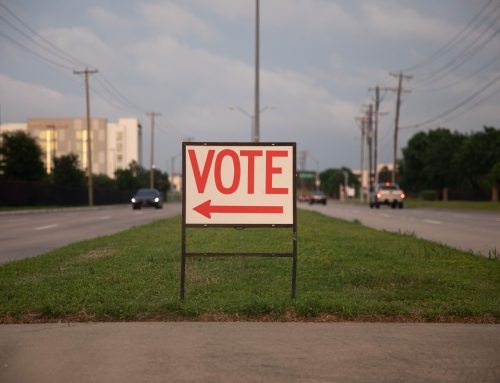
McCloskey-3
David McCloskey. Photography by Yuvie Styles.
David McCloskey wanted to be an astronaut when he grew up.
“Between some combination of being very tall, which precludes you from being an astronaut, and also being very afraid of heights, I realized that was not going to fly,” he says.
At some point, he stopped trying to figure out what he wanted to be. It wasn’t until college when he decided to choose a career related to international relations and foreign affairs.
When the CIA came to campus to talk about its internship program, McCloskey didn’t think he’d be selected.
“It’s one of those things where you’re like, ‘OK, pretty easy for me to apply, relatively speaking, and I’ll never get it, but why not try,” he says.
McCloskey didn’t just get to see the inner workings of an agency shrouded in secrets.
He also wrote a book. Alone, each of those experiences could be considered special. But together, they’ve placed him in an exclusive club, one with John le Carré and Karen Cleveland on its roster.
Working for the CIA allowed him to travel and pursue interests. During the initial stages of becoming an intern, he came to understand the rarity of the opportunity, though he didn’t know what his time at the CIA would entail.
Before he could start, he needed a security clearance, and at age 19, took his first polygraph test. After completing two summers as an intern, McCloskey graduated from college and joined the agency full-time. He spent eight years as an analyst, working mostly from Virginia but also taking trips to the CIA’s stations in the Middle East. Job responsibilities included briefing senior
White House officials — including the president — ambassadors and military officials and providing classified testimony to congressional oversight committees.
After leaving the agency, he earned a master’s degree from the Johns Hopkins School for
Advanced International Studies. A few months later, he and his wife moved to Uptown in Dallas for his new job at McKinsey & Co., a business management firm that advises companies in a range of industries. As a consultant, McCloskey worked with clients involved in national security, aerospace and transportation.
There were a few months between graduation and the first day at McKinsey, so he started writing, seeking to process experiences from his time in the CIA. McCloskey had witnessed the tumult of the Arab Spring and the Syrian war from field stations in the Middle East. He had also worked for a while in the Counterterrorism Center, focusing on the jihad in Syria and Iraq.
“I wrote a lot. Most of it was very bad,” he says, adding he’s enjoyed writing since elementary school. “I put it on the shelf, did the McKinsey job for a while and then came back to it and realized that I really wanted to write something that I would enjoy writing and other people would enjoy reading.”
Only a couple characters and sentences from the draft written in the three-month period before he started at McKinsey made it to the final version. He didn’t start taking steps to craft a publishable work — soliciting feedback on drafts, thinking about plot, searching for an agent and publisher — until 2019.
Years passed between the two writing periods.
“I was doing a consulting job here that was pretty intense, and there wasn’t a whole lot of creative or emotional energy left at the end of the day or the end of the week to devote to writing,” he says, having by then moved his family from Uptown to Lakewood.
The neighborhood, with its “laid-back” feel, was closer to White Rock Lake and friends.
Writing seven or eight hours each day, McCloskey was “mostly done” with Damascus Station in about eight months. The process was delayed when publishing houses stopped acquiring new submissions because of the pandemic, so his book wasn’t picked up by a publisher until summer 2020. The CIA’s Publications Review Board returned a sanctioned version of the book within five days. An editor at W. W. Norton & Co. helped him through a rewrite, and the publisher purchased the book. The first print run included 17,500 copies.
Damascus Station relies on McCloskey’s experience and insider perspective as a former analyst. It tells the fictional story of Sam Joseph, a CIA case officer who is trying to avenge his colleague who was captured and killed by Syrian President Bashar al-Assad’s secret police. Joseph is sent to Paris to recruit a Syrian Palace official, Miriam Haddad, who is beginning to feel uneasy about supporting the regime. She and Joseph fall in love, beginning a dangerous and emotional adventure.
McCloskey is already working on his second book. For a while, he pursued a storyline set in the Big Bend region, but the idea didn’t pan out.
“I’m still doing a U.S.-Russia spy novel, but it’s pretty much all set in Russia, Langley and Europe,” he says. ”It’s focused on the next phase of the U.S.-Russia spy conflict and imagining what that might look like.”







